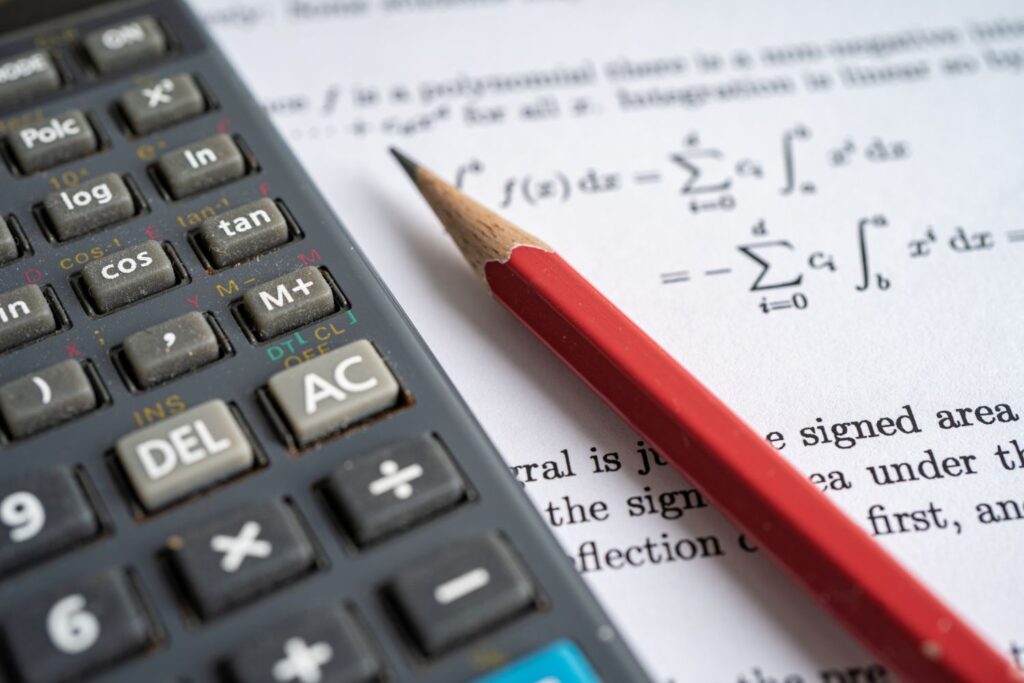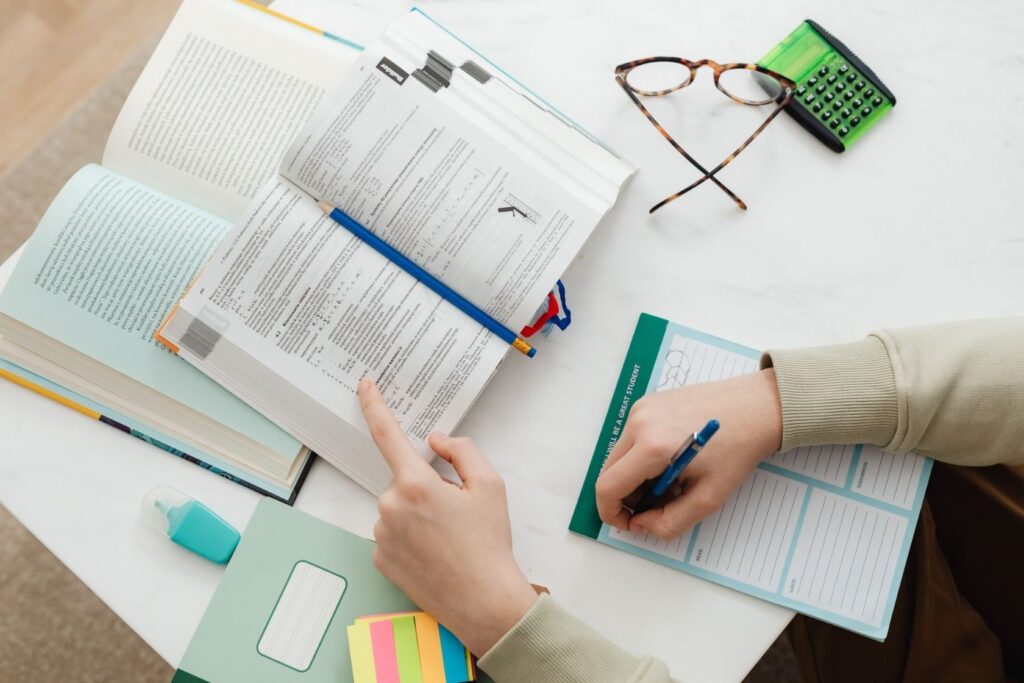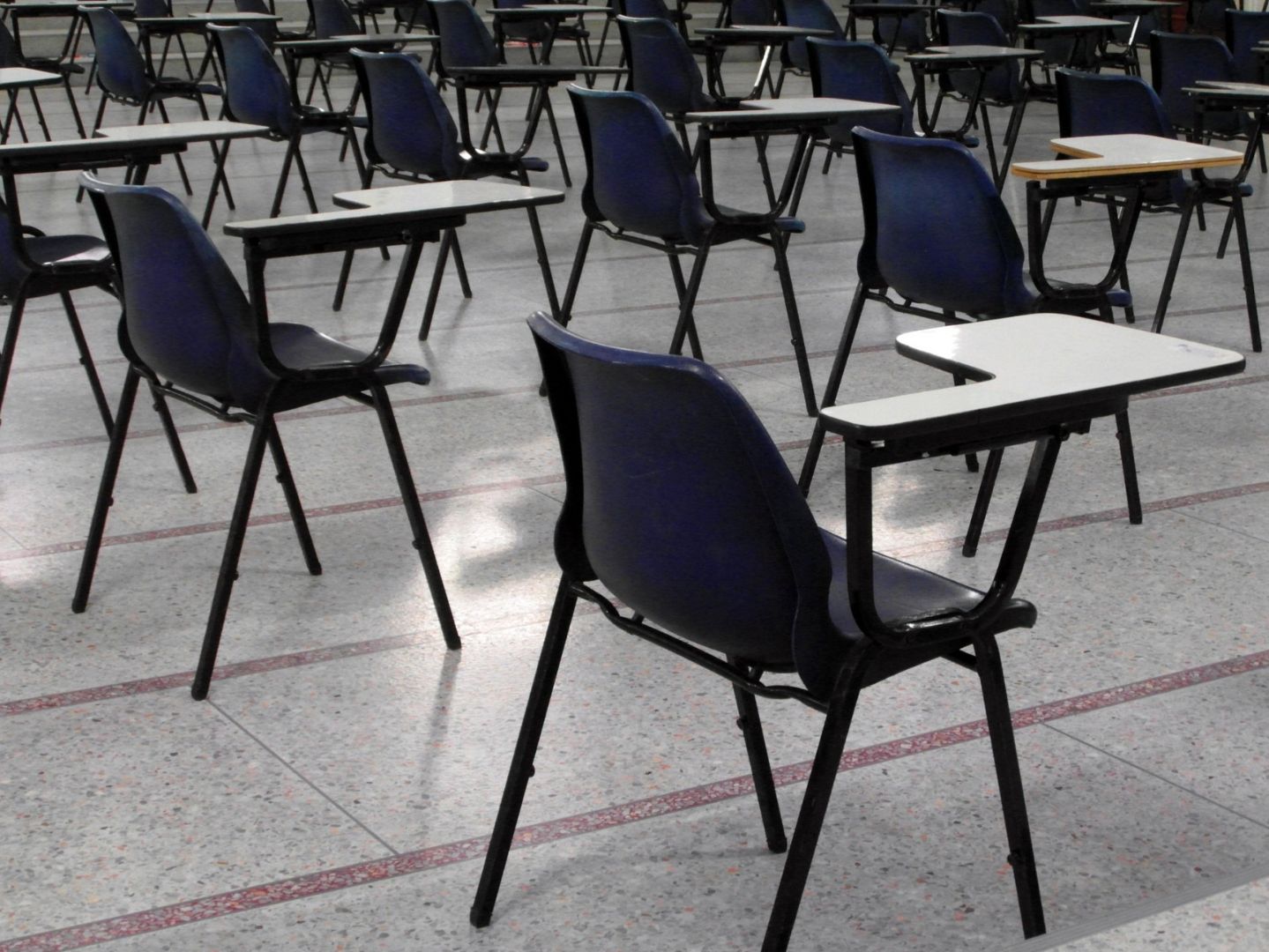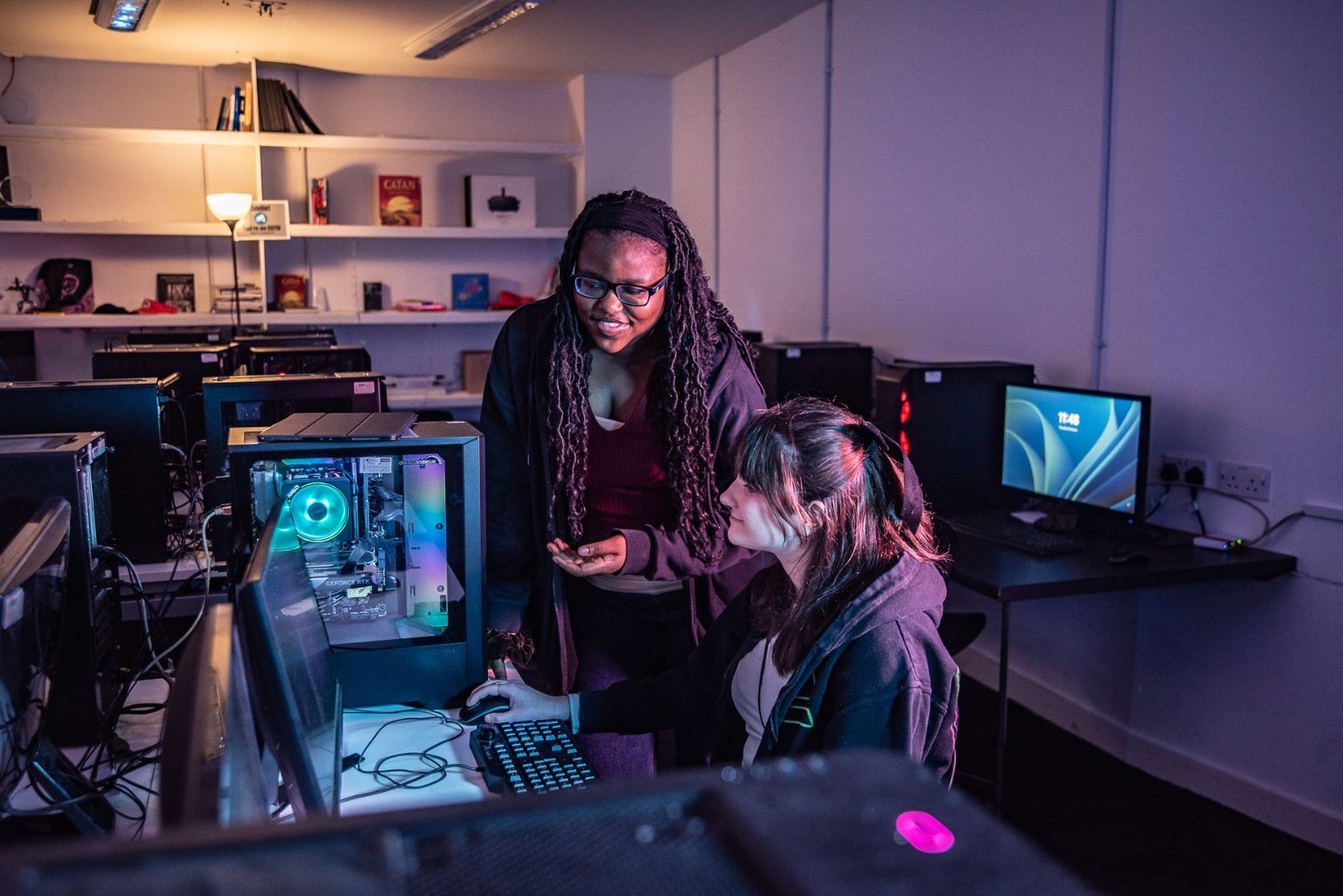Unsure where to start with your prep? This guide will help you to streamline your revision process, giving you the best tools and advice to help you succeed in your GSCEs.
GCSEs (General Certificate of Secondary Education) are important to your academic life. They provide knowledge and understanding across various subjects and the opportunities available to you in further education and career choices.
Here’s what you’ll learn:
- A breakdown of GCSEs.
- Strategies to make your revision count.
- How to create a balanced study schedule.
- Resources that support GCSE preparation.
- Tips for exam day.
If you want to discover the best way to prepare for GCSE exams, read on.
Understanding GCSEs

What are GCSEs?
GCSEs are academic qualifications usually taken by students aged 14–16 in England, Wales, and Northern Ireland. They cover a range of compulsory subjects (like Maths, English, and Science) alongside optional subjects, such as Art, History, or Business Studies.
Students typically take 8–10 GCSEs, which can vary depending on the school. Achieving strong GCSE results can open doors to T Levels, Level 3 courses, A Levels, or an apprenticeship, making them an important stepping stone.
How GCSEs are graded
Since 2017, GCSEs have been graded using a numerical system, from 9 to 1:
- Grade 9: The highest mark, roughly equivalent to an A** in the previous letter-based system.
- Grade 4: Considered a standard pass (comparable to a C grade).
- Grade 1: The lowest score, replacing the old G grade.
Choosing your subjects
Your optional GCSE subjects allow you to tailor your studies based on interests and career aspirations. For example:
- If you’re business-minded, consider Economics or Business Studies.
- Interested in tech? ICT or Computer Science could give you a head start.
Discuss options with your school’s careers advisor to ensure your choices align with future goals.
GCSE revision methods

With the right study techniques, you can revise effectively and feel more confident on exam day. The key is finding methods that work best for your learning style. Below, we explore proven strategies to help you learn smarter, not harder.
1. Active recall
Active recall is about testing yourself on what you’ve learned. Rather than simply re-reading your notes or highlighting text, it encourages you to retrieve information from memory. Here’s how you can use it effectively:
- Flashcards: Write a question on one side of a card and an answer on the other. Quiz yourself regularly, focusing on the cards you tend to forget.
- Self-quizzing: For each chapter in your textbook or topic in your syllabus, create a list of questions. Write them yourself or use past exam questions where possible. Practice answering aloud, as if you’re talking to someone.
- Study groups: Test each other on key topics. Hearing another student’s explanation or perspective might help reinforce your understanding.
Studies show that active recall boosts long-term memory retention because it strengthens neural pathways every time you retrieve an answer. The earlier you incorporate active recall into your revision, the better your results are likely to be.
2. Spaced repetition
Spaced repetition is the act of revisiting material at increasing intervals rather than cramming it all in at once. This technique lets your brain absorb and retain information over time. Here’s how to apply it:
- Apps like Anki or Quizlet: These platforms can schedule your flashcards for revision based on how well you know each topic. Cards you struggle with will appear more often until you master them.
- Create a timetable: Map out your study sessions for each subject weeks or months in advance. For instance, review key Chemistry topics every three days, then every five days, and gradually expand the gap over time.
- Actively revise each session: When returning to past material, quiz yourself instead of simply reading through your notes again.
This method works because it aligns with the “spacing effect”– a well-researched phenomenon revealing that we retain information better when learning is spread over time.
3. Feynman technique
The Feynman Technique is named after physicist Richard Feynman, who believed the best way to master complex ideas is to simplify them. Here’s how to use this approach for your GCSEs:
- Choose a topic: Start with something specific, such as algebra or photosynthesis.
- Explain it out loud: Pretend you’re teaching it to someone who knows nothing about the subject. Use simple language and avoid jargon.
- Identify gaps: If you get stuck or find yourself using complicated phrases, go back and revisit that area.
- Refine your explanation: Once you’re clear on the topic, simplify your explanation further until you can describe it in basic terms.
For practical use, try explaining a challenging concept to a family member or classmate. Teaching forces you to focus on clarity and truly tests your understanding.
4. Mind mapping
Mind maps involve creating diagrams to organise information, helping you see connections between topics.
- How to create a mind map: Start with a central idea, such as “The French Revolution,” and branch out with subtopics like causes, key events, and consequences. Add smaller branches for details, dates, or people involved.
- Use colour and imagery: Include colour-coded branches, pictures, or symbols to make your mind map visually memorable.
- Subjects to try it with: Mind mapping is helpful for subjects like History and Science, where relationships, processes, and chronological events matter.
Mind maps also work well as a revision summary. Once you’ve created one, keep it on hand and review it regularly for quick refreshers.
5. Bonus tip: The power of routine
Alongside these techniques, build a consistent study routine. Set aside dedicated time each day for focused revision and stick to it. A balanced schedule that includes short breaks can help you stay motivated and avoid burnout.
Creating a GCSE revision plan

How many hours a day should you study for GCSEs?
Quality matters more than quantity. Aim to study for 3–4 hours daily during weekdays, increasing this slightly as exams approach. But don’t forget to:
- Take regular, timed breaks (e.g. the Pomodoro Technique suggests 25-minute work intervals followed by 5-minute breaks).
- Factor in hobbies and downtime for balance.
Tips for building a balanced schedule
- Prioritise weak areas: Spend more time on subjects and topics you find challenging.
- Rotate subjects: Alternate subjects each day to avoid boredom or burnout.
- Set weekly goals: For example, “Finish one past paper in Maths and review five poems from the English Anthology.”
- Start early: Begin revision at least three months before exams to relieve last-minute stress.
Using the right GCSE resources

The right resources can make a significant difference in how easily and effectively you prepare. Here’s a list of top tools for GCSE students:
Textbooks and study guides
- CGP guides are short, engaging, and to the point.
- Use your school’s recommended sourcebooks, as they closely align with your syllabi.
Online platforms
- BBC Bitesize offers free revision material and quizzes across all GCSE subjects.
- Paid platforms like Seneca Learning or Quizizz provide interactive courses that make learning fun.
GCSE exam day strategies

Mastering the best way to prepare for GCSE exams also involves being ready for the exam day itself.
To handle it effectively, start by reviewing the exam format. Familiarise yourself with the number of questions you’ll need to tackle and the time allocated for each. Practising past papers can help ease any nerves.
Managing stress is equally important. Arrive early to avoid feeling rushed, and if anxiety creeps in, sit quietly and focus on deep breathing. Avoid last-minute cramming and trust the preparation you’ve done. During the exam, allocate your time wisely by dividing it based on the weighting of each question.
For instance, dedicate more time to six-mark science questions than to one-mark ones. Finally, save the last five minutes of the exam to double-check your answers. This extra review time can help you catch and correct typos or minor calculation errors.
Take the next step towards success

With the right strategies and resources, achieving top grades (even straight A’s!) is within your reach. Remember, what matters isn’t just the hours you put in but how effectively you use your time.
At Access Creative College, we offer courses that prepare students for exciting careers in art, media, and technology after GCSEs. If you’re eager to explore your options, visit our site to explore our courses.
Places are still available for September. Apply online today!






